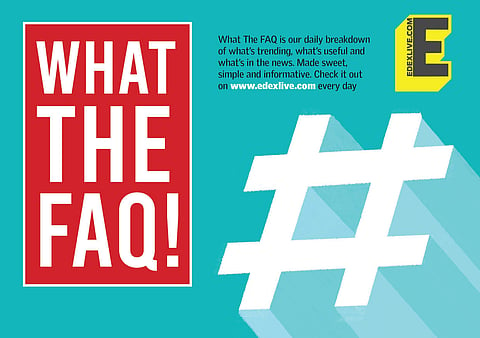

Monoclonal antibody therapy, which has been successfully used in other countries to treat COVID-19 positive patients with mild or moderate symptoms has been approved by the Drugs Controller General of India (DCGI) for use in India a couple of days ago. Therefore, we try to dig into what this therapy is and how it is helpful for COVID-19 patients.
What are monoclonal antibodies?
Monoclonal antibodies are laboratory-made proteins that mimic the immune system's ability to fight off harmful pathogens such as viruses.
What is Monoclonal Antibody Therapy?
Monoclonal Antibody Therapy is a new way of treating COVID-19 for individuals who have tested positive and are severely ill. The idea behind developing this therapy is to help prevent hospitalisation and decrease the severity of symptoms
Can we produce these antibodies in a lab?
These monoclonal antibodies can be mass-produced in a laboratory and they are designed in a way to recognise a specific component of this virus- the spike protein in its outer shell.
Which are the different monoclonal antibody therapies?
The two monoclonal antibody therapies currently available are the bamlanivimab and a combination of the casirivimab and imdevimab.
